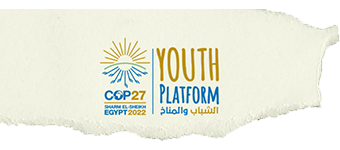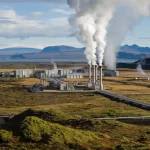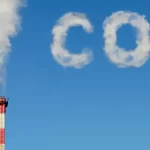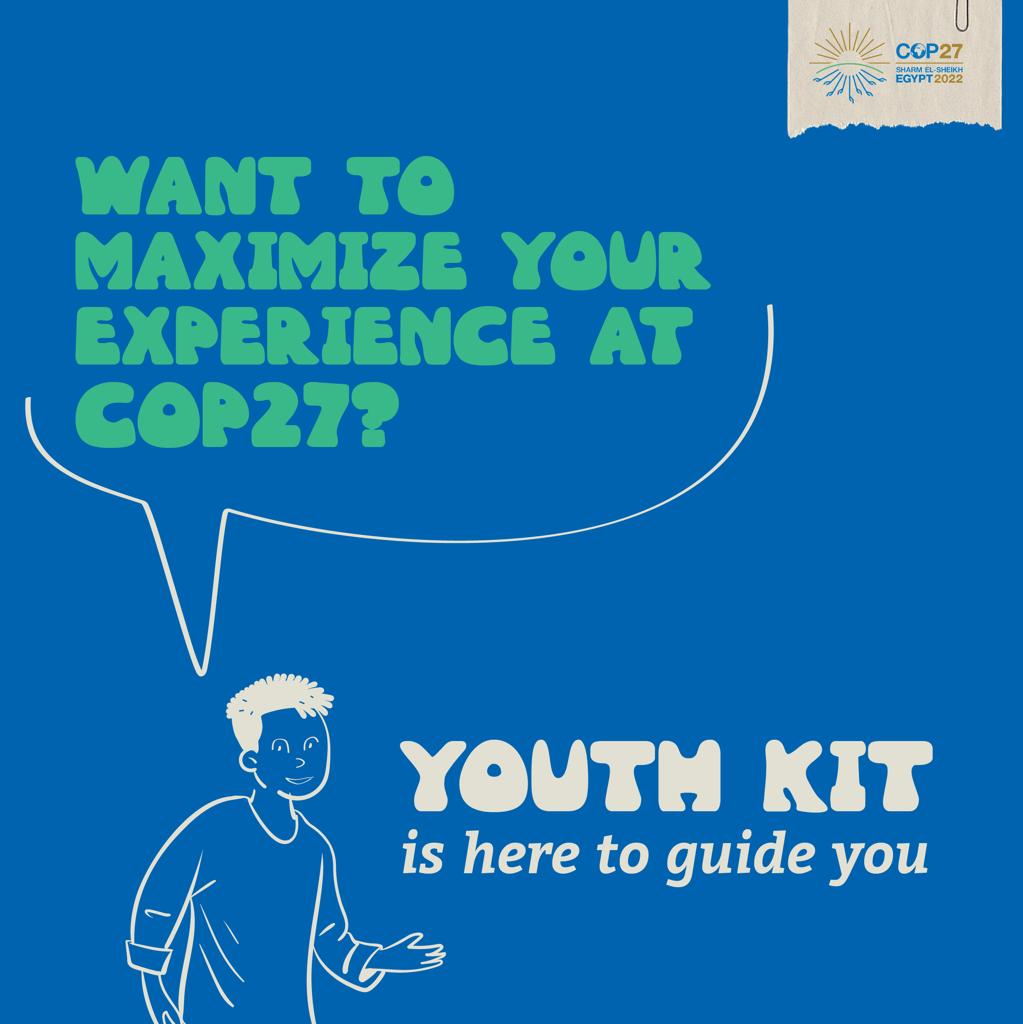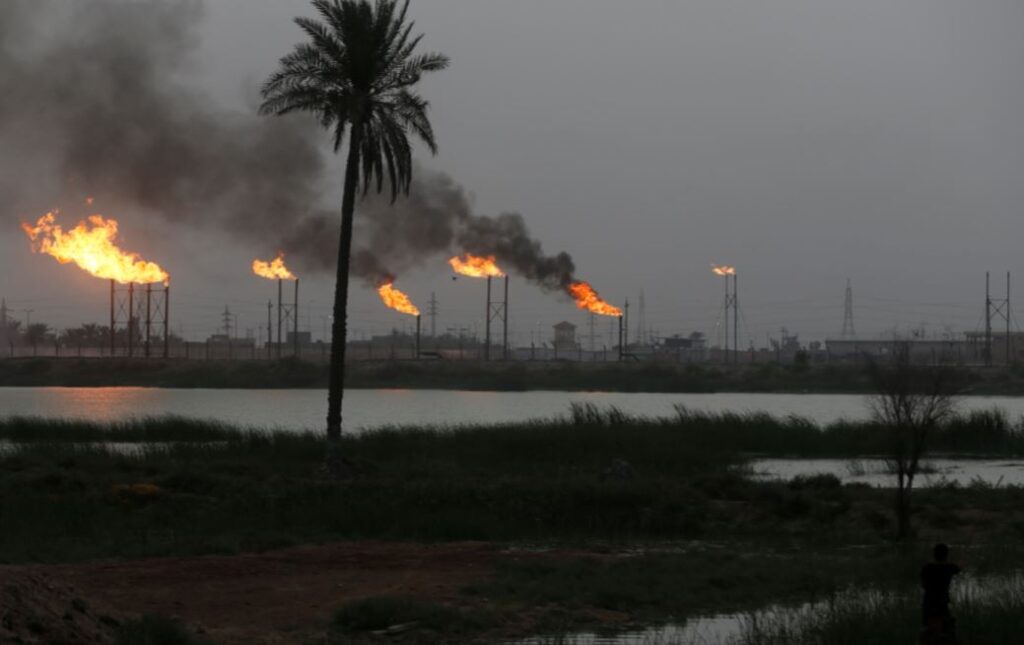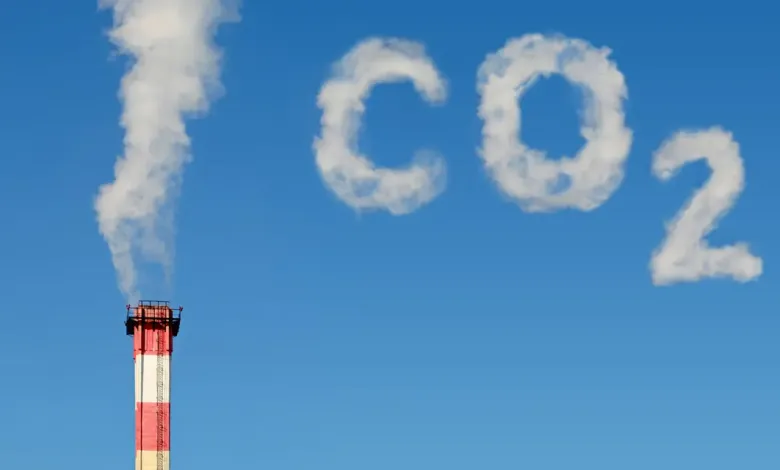The Iraqi capital, Baghdad, suffers from a sharp increase in air pollution, to the extent that it is now ranked among the cities most affected by climate change around the world, according to local and international reports and statistics, such as those issued by the US Environmental Protection Agency.
In addition to the repercussions of the general climate change phenomenon afflicting Iraq, which is classified according to the United Nations as the fifth most affected country in the world by this worsening phenomenon, experts also point to a combination of factors behind the high levels of air pollution in many Iraqi cities, especially the major ones. Among them, such as overpopulation due to massive migration from the countryside and the spread of slums on the outskirts of cities, and the deterioration of infrastructure and services as a result.
Ways of confrontation
To confront this pollution and reduce its dangerous effects, specialists believe that what is required is to increase the green areas and belts inside and around the capital, and to tighten control over the waste gases and fumes that are harmful to the environment and pollute the air from factories, laboratories and vehicles, and work to organize expansion and urban and population planning within cities in a way that ensures no pressure The great impact on the infrastructure systems, which are already suffering from obsolescence and consumption, and which are in need of modernization, restoration and construction.
According to the Iraqi climate expert and member of the International Union for Conservation of Nature, Ayman Qaddouri: “Iraq is suffering from severe negative climatic shifts as a result of the acceleration of global warming in general, and the deterioration of its water and environmental reality in particular. The dust in Iraq contains 37 types of minerals that have a serious impact on public health, in addition to 147 different types of bacteria and fungi that help spread diseases, and a 2011 US Environmental Protection Agency report that indicated a high concentration of pollutants in Iraq’s airspace, such as volatile materials PM2. 5, which reached approximately 39.6 micrograms / cubic meter, indicating a significant and dangerous rise in the levels of these pollutants, at a time when the World Health Organization recommends that average concentrations of PM2.5 not exceed 5 micrograms / cubic meter, which led to poor air and high incidence of infection. diseases of the respiratory system”.
Qadouri added, in an interview with “Sky News Arabia”: “The last ten years were the worst for Iraq in terms of the backwardness of the environmental and water reality, associated with the deterioration of the level of air purity, and a very sharp decline in the air quality index, which indicates today that it has exceeded the barrier of 150 micrograms / cubic meter.” for volatile materials PM2.5, especially in the capital, Baghdad, which NASA satellite readings indicate that it ranks third among the most polluted capitals in the world and an export of air pollutants in particular.
Causes and risks
Regarding the reasons for this dangerous increase in pollution rates in Iraq, Qaddouri said: “There are many, but the most prominent of them is the massive overcrowding in the capital, and its lack of capacity for the large numbers of displaced people from the various governorates of Iraq as a result of the war against the terrorist organization ISIS, due to the destruction of their areas and the delay in the reconstruction process.” Their cities and villages and their return to them, in addition to those who abandoned their farms and pastures due to the severe droughts that struck the governorates of Iraq in general over the past years, and their impact was evident in the central and southern governorates in particular.
The Iraqi climate expert continued, saying: “Government statistics indicate that the population of Baghdad has reached nearly 10 million people, and Karbala to more than 5 million people, and so this exponential increase in population numbers leads to high pressure on the infrastructure of Iraqi cities, as it is not ready to accommodate Such huge numbers, as well as the increase in the number of vehicles, especially those that were not subject to quality control or to a law that guarantees environmental protection from vehicle exhaust emissions, has caused a catastrophic increase in emissions of suffocating gases and volatile substances, most notably paleocyclic aromatic hydrocarbons, the main cause of many cancerous diseases, especially lung cancer. And other diseases, such as strokes and heart attacks.
